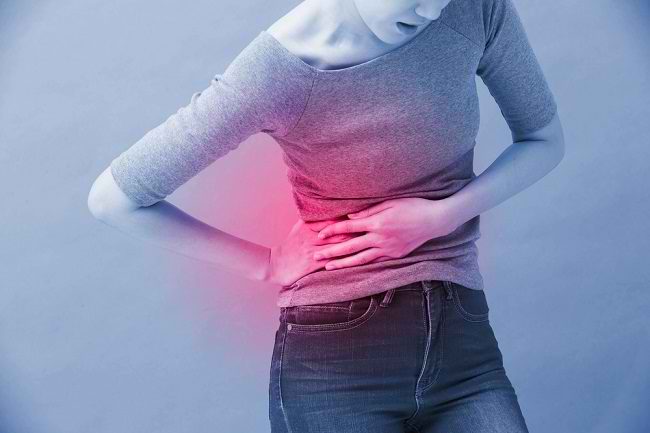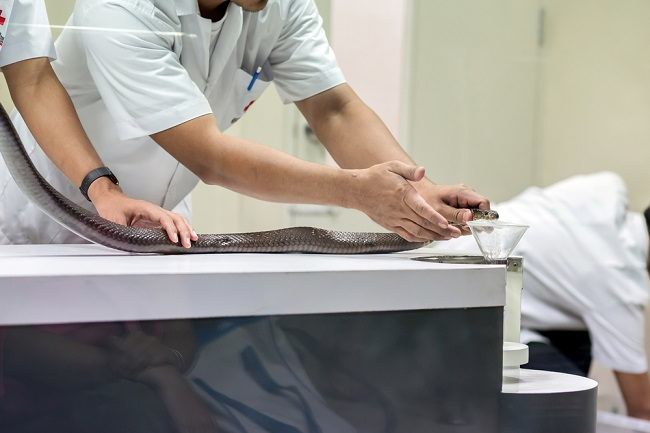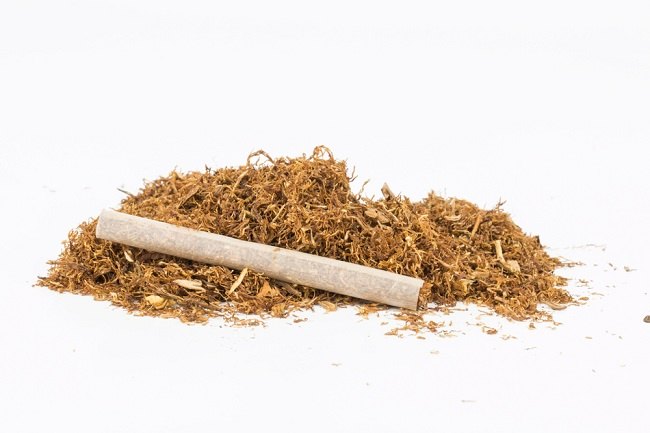Mosquito repellent is often used to repel and prevent mosquito bites. However, its use must be done carefully and not done carelessly. If used in an inappropriate way, insect repellent can have a negative impact on health.
Mosquitoes naturally approach humans because they are attracted to the humidity and warmth of the human body. The bite not only makes the skin itchy, but can also cause disease.

However, mosquitoes actually do not bite, but suck human blood. It is when sucking blood that viruses and parasites present in mosquitoes enter the human body and cause disease.
Dengue fever, malaria, Zika virus, and elephantiasis are some of the diseases that can be caused by mosquitoes.
Effective Ingredients in Mosquito Repellent
Spray, burn, and electric mosquito repellent are widely used because they are practical and effective. Although it can repel mosquitoes, mosquito repellent also has side effects for health because of the substances contained in it.
The following are some of the active ingredients contained in most mosquito repellents on the market:
1. DEET
DEET has been used for decades to repel insects, such as mosquitoes, fleas, and flies. Generally, this active substance is found in mosquito repellent sprays and mosquito repellent lotions.
DEET is safe to use, as long as the concentration is not more than 30 percent and is not used on injured skin.
2. Picaridin (KBR 3023)
Picaridin is an active substance that is as effective as DEET. However, this substance has a less risk of irritation if exposed or inhaled.
3. Lemon Eucalyptus Oil (PMD)
PMD is a natural ingredient that is just as effective as DEET. However, PMD should not be used in children under 3 years of age. This natural ingredient is usually found in mosquito repellent lotions.
4. Pyrethrin
Pyrethrins are generally non-toxic pesticides. However, the danger of this mosquito repellent content can cause respiratory problems if inhaled in large quantities. This substance is widely found in mosquito repellent spray.
5. Carbamates and organophosphates
Carbamates and organophosphates are hazardous substances in contact with the body. This type of pesticide can be quickly absorbed through the skin, lungs, mucous membranes, and digestive tract. Symptoms usually appear several hours after ingestion or inhalation.
Types and Dangers of Mosquito Repellent for Health
In general, insect repellent is divided into three types, namely:
mosquito repellent spray
Spray mosquito repellent is generally packaged in aluminum aerosol bottles. Its use is done by spraying it into the air.
If inhaled or swallowed, the danger of spray mosquito repellent containing pyrethrin can cause shortness of breath, coughing, vomiting, and loss of consciousness.
Meanwhile, DEET contained in mosquito repellent spray can cause irritation and nervous disorders, especially if there is long-term contact with the skin.
Mosquito coils
Roasted mosquito coils are generally in the form of a spiral circle. The ends of the circle are burned to produce smoke and this smoke can repel and kill mosquitoes.
In fact, smoke from burning mosquito coils is a dangerous emission because it can pollute the air.
A study even proves that the smoke from a burning mosquito coil produces pollution particles that are as harmful as burning about 100 cigarettes. Meanwhile, the resulting formaldehyde emissions are the same as burning 50 cigarettes.
Data from a study show that long-term exposure to mosquito coils can cause lung cancer.
Electric mosquito repellent
Electric mosquito repellent is available in liquid and chip form. While burning mosquito coils produce smoke, electric mosquito repellents produce steam that can repel mosquitoes.
This type of insect repellent also contains chemicals that are harmful if inhaled. Eye irritation and allergies can also occur as a result of its use.
Serious symptoms can occur if insect repellent is ingested or inhaled for a long period of time. However, the severity of the symptoms that appear depends on the amount and frequency of use of insect repellent.
If used in the long term, insect repellent can cause respiratory problems, nervous disorders, brain damage, and even death. Therefore, it is important to always comply with the rules for using insect repellent.
Tips for Safe Using Mosquito Repellent
To minimize the negative or harmful effects of insect repellent, pay attention to the following points when using insect repellent:
- Always follow the instructions on the packaging.
- Do not occupy a room that has just been sprayed with insect repellent. Wait a while until the smell or smoke of the insect repellent is gone.
- Do not turn on insect repellent in a closed place without ventilation.
- Avoid direct inhalation of gases, fumes, or vapors from insect repellent.
- Avoid sleeping while turning on insect repellent.
- Avoid spraying insect repellent on furniture, cutlery, or objects that come into direct contact with the skin.
- Keep food away when using insect repellent.
- Use a mask and gloves when handling insect repellent.
- Wash hands with soap after handling insect repellent.
- Keep mosquito repellent out of reach of children.
- Use insect repellent only when you really need it.
To reduce the frequency and exposure of using insect repellent, you can take other ways to avoid mosquito bites. For example, using a mosquito net around the bed, using a shirt and trousers, or using a mosquito racket.
In addition, you can also try natural methods, such as planting mosquito repellent plants and applying essential oils to the skin. However, its effectiveness does not last long.
Don't forget to always keep your house and waterways clean, and close the water reservoir so that mosquitoes don't nest and breed.
The dangers of mosquito repellent cannot be underestimated. Therefore, if you experience an allergic reaction or certain complaints, such as nausea, vomiting, and shortness of breath, after using insect repellent, consult a doctor so that appropriate treatment can be carried out.









